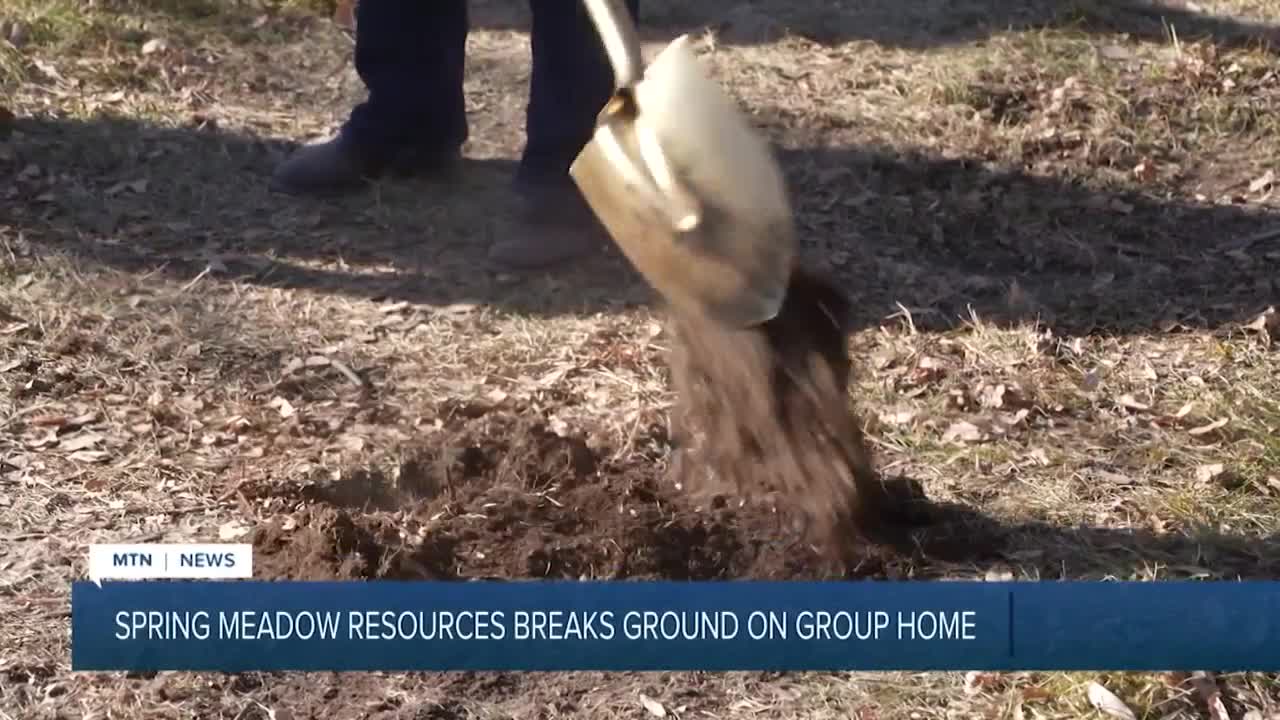Helena Woman Sentenced to Five Years, Ordered to Treatment
A Helena woman pleaded guilty to drug possession and endangering the welfare of a child and was sentenced to five years in prison, with a court ordered treatment program included in the disposition. The case began after a juvenile probation officer filed a report, and the defendant was the last of three local residents charged in the associated investigation, a development that raises questions about child welfare and local treatment capacity.
Listen to Article
Click play to generate audio

A Helena woman received a five year prison sentence and was ordered into treatment after pleading guilty to charges of drug possession and endangering the welfare of a child, according to reporting published November 13, 2025 by the Helena Independent Record. The case originated with a juvenile probation officer's report that prompted an investigation, and prosecutors identified three local residents for charges in the matter. The woman sentenced this month was the final defendant to resolve her case through a plea agreement.
The disposition combines incarceration with a treatment requirement, reflecting a sentencing outcome that aims to balance punishment and rehabilitation. Court records summarized in local reporting indicate the plea deal resolved the charges without a trial. Details in the Independent Record account and the journalist index on Muck Rack provide the timeline and legal posture for readers seeking the full record.
For Lewis and Clark County residents the case has multiple local implications. First, the involvement of a juvenile probation officer underscores the intersection between juvenile supervision and adult criminal proceedings when child welfare concerns emerge. Second, the sentence and treatment mandate raise questions about the availability of substance use treatment capacity in the county and how the criminal justice system coordinates with behavioral health providers. Local treatment availability affects whether court ordered programs can be timely and effective, with consequences for recidivism and child safety.
The case also illustrates how plea agreements function in local courts. Plea resolutions can speed case closure and secure treatment mandates that might not be guaranteed after a trial. At the same time, they remove some public scrutiny that accompanies jury trials, which can complicate community understanding of both culpability and rehabilitation outcomes. For families and neighbors, the record of a five year sentence with a treatment condition signals that the court treated the child welfare allegations seriously while also acknowledging a role for treatment in addressing underlying substance related issues.
County agencies that handle juvenile supervision, child protective matters, and substance use services will likely follow the implementation of the disposition, including whether the treatment ordered is completed and how the juvenile or children affected are supported. Residents interested in the case and its follow up can consult the Helena Independent Record coverage dated November 13, 2025 and the reporter index on Muck Rack for the original reporting and any subsequent updates.


